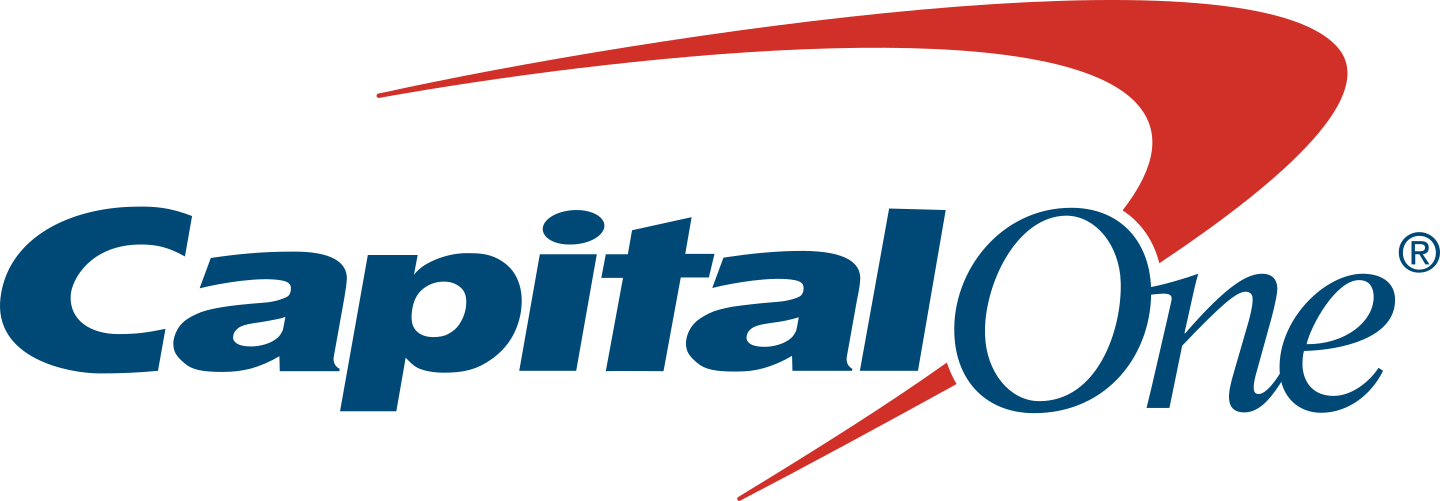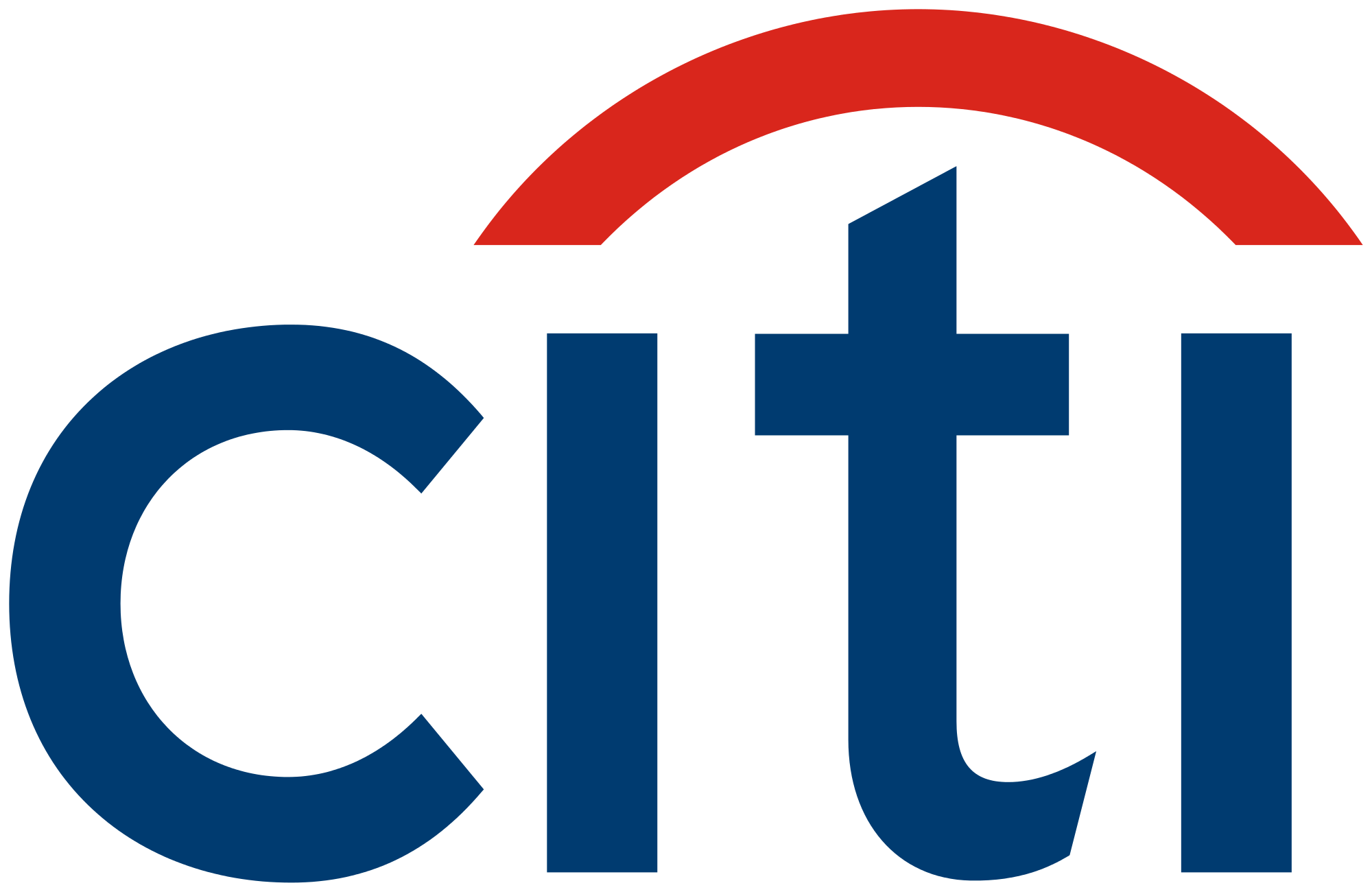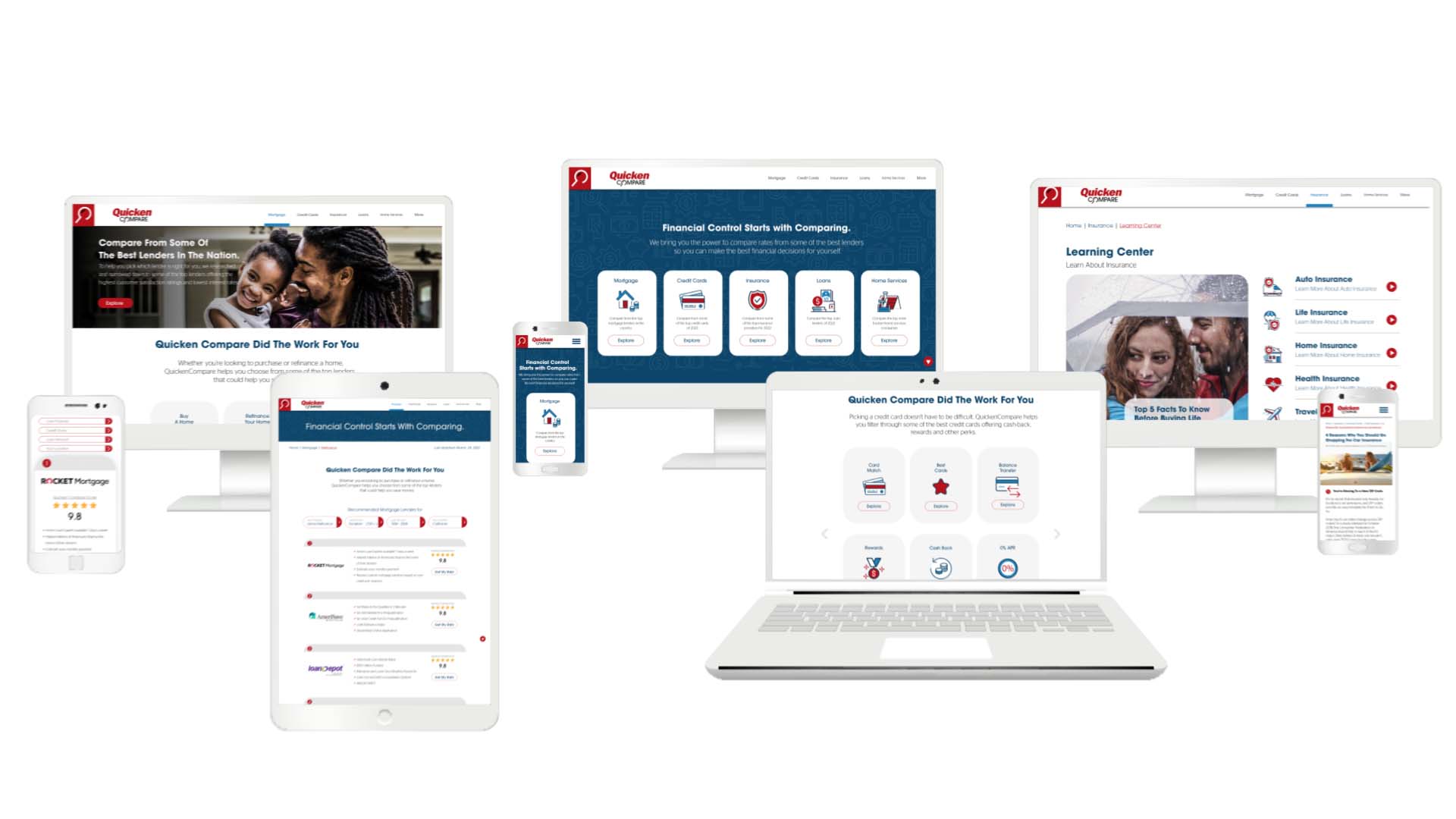Powered by Core Digital Media
If you need cash, you need to compare
With Quicken Compare, it’s never been easier to find the perfect solutions for your unique financial needs. Answer a simple, 60-second quiz to get your personalized recommendations for $0 today.
Help Me Find CashFinancial Control Starts with Comparing
We bring you the power to compare offers and research your options so you can make the best financial decisions for yourself.
Compare Top Offers
Featured Providers:






Who We Are
At Quicken Compare, we believe choosing the best provider for your unique financial needs should be simple. That’s why we’ve spent countless hours researching today’s top solutions and compiling the information you need to make more informed decisions in one straightforward site. It’s all about helping you navigate difficult decisions with ease and empowering you to take control of your finances.
How It Works
Studies show that comparing options could end up saving you money. And with hundreds of hours spent researching today's top financial solutions, we've done the hard work for you. Simply browse our carefully curated collection of providers and pick the best fit for your needs.
Clear
We make it easy to see your options upfront. No gimmicks. No confusion.
Quick
Get your personalized recommendations and connect with a provider within minutes. All for $0.
Convenient
You don’t need multiple websites to compare solutions. Pick from a wide selection of providers and products all in one place.
Find the Funds You Need Fast
Tap below to get your personalized recommendations.




